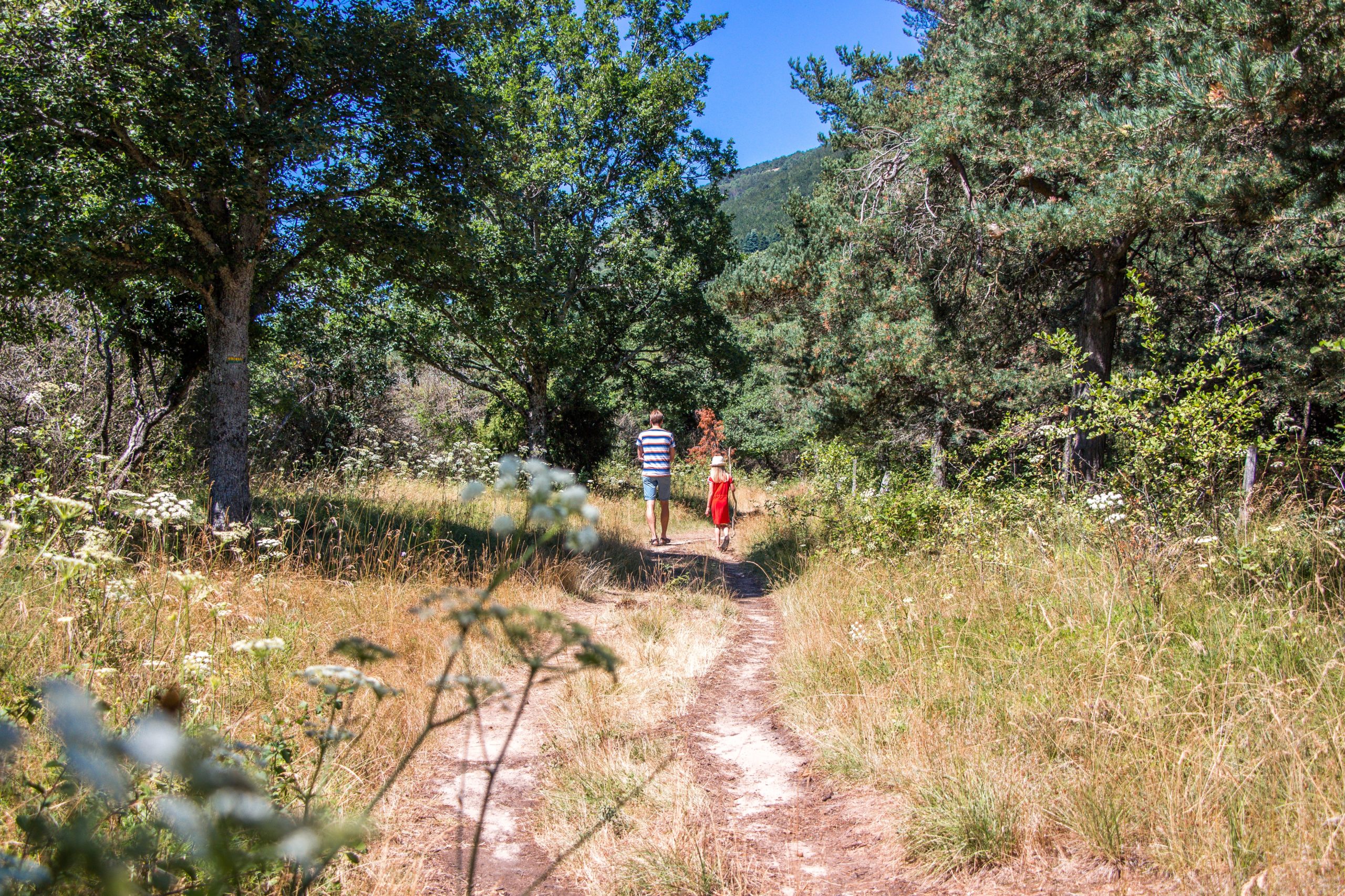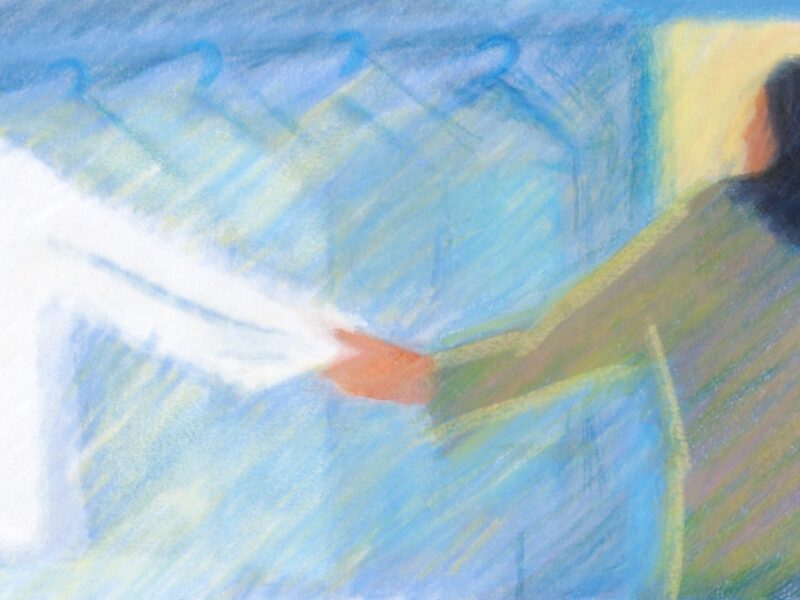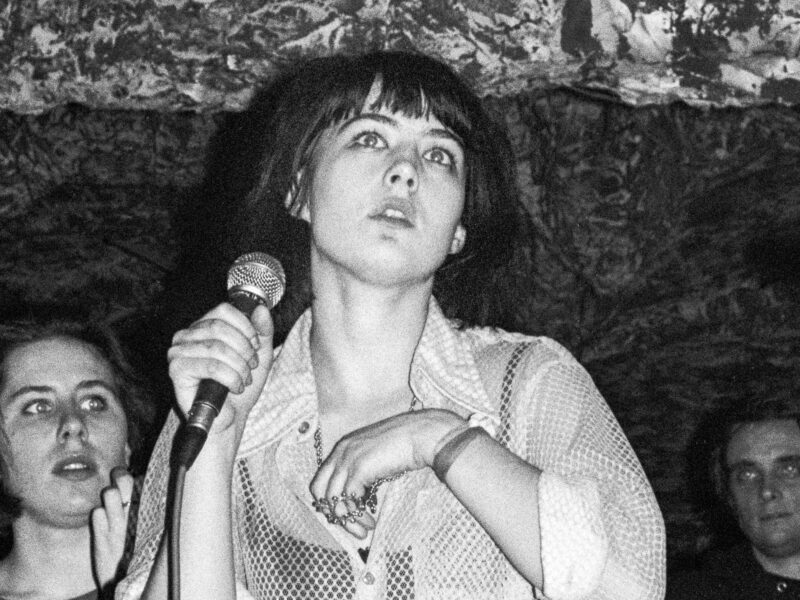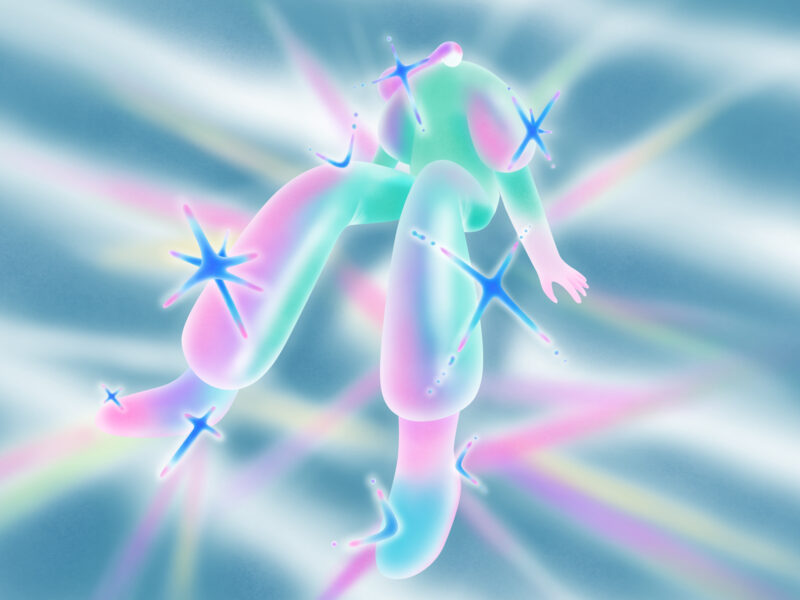Father’s Day elicits painful and happy memories about a now aged father.
The words that best describe my father all start with the letter “r”: rogue, rapscallion, renegade, rascal.
Also: Rage. I have been scorched many times by his verbal outbursts; for years at a time, I’ve just had to keep my distance, emotionally singed by the last blast. I have wished often for a father who was calm and consistent. Someone for whom I could find the right Father’s Day card.
My father has four children by four women. I’m the oldest, the only child of his first marriage to my mother, an American he met in the south of France and married a few months later in her native New York City. He took her to his hometown, Vancouver, where they had a glamorous life: they opened an art gallery, and she modelled part-time. Later, they moved to London.
The second oldest is a half-sister I’ve never met and someone, for decades, he didn’t even know existed; I’ve spoken to her once by phone. The next oldest, who I know, is ten years my junior, a successful entrepreneur. The youngest, a man 23 years my junior, is the only child of his second marriage. None of us ever shared a home and only the two half-brothers have a relationship. The two not raised by my father resent those who were.
I lived with him from the age of 14 to 19. My parents had divorced, and my mother’s mental illness became overwhelming. I moved into his home with his girlfriend; she was too old to be a sister, too young to be a mother, and a tough cookie who, at 28, didn’t really know what to make of an unhappy 15 year old. He was often far away for a month at a time, filming, leaving two ill-suited young women alone to make it work.
When he was home in those years, though, he made up for it, and gave me a lot of time with him, alone. We skied and played squash and went for long walks in the country. When I was bullied at school, he tried his best to help me. Our Christmases were lavish. We played Scrabble for hours in front of the fire, the cat scrambling our letters as we drank tea and ate chocolate cookies.
This was the mid 1970s. Second-wave feminism was blooming and he never once, then or later, pressured me to be conventionally pretty or to follow the traditional path of marriage and motherhood. I’ve always appreciated that. Being smart, talented and competitive mattered most to him. He raised me, basically, as a boy — to be fearless, intellectually confident, eager to explore the wider world.
The summer I was 15 we drove across Canada together, just the two of us. We slept most often in a tent, once awakened by a farmer looking down on us from his tractor.
That road trip is one of my happiest memories. We drew, took photos and played endless games of 20 Questions as we drove across the tedious prairies. We dipped south into the United States and attended a pow-wow in one of the Dakotas, where a bag of sugar and some meat were left at our tent door, a welcome for everyone there. That’s typical of the best of my father — always curious, always seeking the next adventure.
That’s the part of him, still healthy and living alone at 91 in the countryside, that I still like and admire. Through his travels making documentaries, I glimpsed tantalizing bits of a larger world. He brought me home bits of it: badges from the Tokyo 1964 Olympics, a caribou rug and sealskin gloves from the Arctic, a woven Afghan rifle case. Much as it was difficult being left alone with his girlfriend—later his wife—I knew he loved his work and understood that his long absences were the price we paid for that. His pursuit of adventure and career influenced me profoundly in my choice of career; I became a journalist, digging up my own stories to share.
But those loving teenage years came to an abrupt end when, in my sophomore year of university, he abruptly sold the house and told me, without warning, to find a new place to live; he and his girlfriend were going to live on a boat in Europe. I was on my own for good, with some money from a grandmother but not a dime from him for tuition, books, or living expenses. Long before the internet or cellphones, the only way to contact my father was by poste restante.
That year was disastrous. I slept around, starved for male approval and attention. I was attacked in my ground-floor apartment where I lived alone, at the back of an alley in a dicey neighborhood—a place no attentive or protective father would have allowed. My grades, previously straight As, plummeted. I moved again and again until finally, that summer, I found safe shelter on the top floor of a spacious house on a treelined street in a much nicer neighborhood, in a sorority filled with other women, one of them my best friend. Life calmed down and took a turn for the better.
That was the summer I started writing for national magazines, which was exciting but also a source of tremendous pressure.
I was running on fumes when my father sent me a ticket to join them on their small boat in France and I mailed a long letter explaining how fragile I was. Attending university full-time, while also freelancing, had been exhausting. I was thrilled to be taken seriously by national magazine editors, but was emotionally raw, barely a few weeks after having been grabbed through my bathroom’s low open window and hit on the head while bathing. The assailant took off and I never reported it.
My father never got the letter—so he had no idea. And he never welcomed weakness and fear.
That visit ended very badly, with a shouting match in a French parking lot at midnight. I was proud of my writing success which, somehow, he found dubious. Why, he raged, would anyone take me, then just turned 20, seriously?
Well, why not?
I had arrived desperately needing a relaxing break but, as usual, I disappointed him for reasons that made no sense to me. He wasn’t paying for university or any of my living costs and I didn’t need him financially. I sure didn’t need him emotionally if this was to be my lot.
For the first time in my life I stood up to him and flew home early.
They came back and re-settled in a small town 1,200 miles away from me, and I tried again, in my mid-20s, another summer vacation visit. They now had a son who was five or six.
There was another explosion of rage at me, and my father flung a heavy glass goblet into a metal sink, shattering it. I didn’t leave that time. Why was he always so angry with me? I rarely spent time with him and his second family, and had become a successful young journalist any parent would normally take pride in.
In the decades since, I’ve been the brunt of his anger —verbal, never physical—too many times. There’s never an apology, just the assumption this is the price of admission to our relationship. He’s had quieter arguments with my husband. After each one, we withdraw for months or years and hope he’ll be civil the next time.
He was wonderful at our wedding in 2011, terrible when I got breast cancer in 2018. He came out to support me at a successful event I organized, elegant in jacket and tie, beaming with pride – then a few years later excoriated me in front of others for a minor mistake.
He was cordial in our most recent conversation, just before his birthday. Relieved, I enjoyed it and wondered how many years we even have left to mend fences for good before it’s too late.
But, let down too many times when I really needed his help or support, I never know what to expect and learned not to rely on him years ago.
I keep trying because he’s my only parent.
Because his own father, a self-made businessman who died before I was born, was apparently very tough—and who knows what he learned to become?
Because I just do.
People wonder why I persist and so do I—how can a woman who considers herself a feminist keep tolerating such abuse?
I don’t have a tidy answer.
I just know that one day I won’t miss his anger—but I will miss the best of him.



